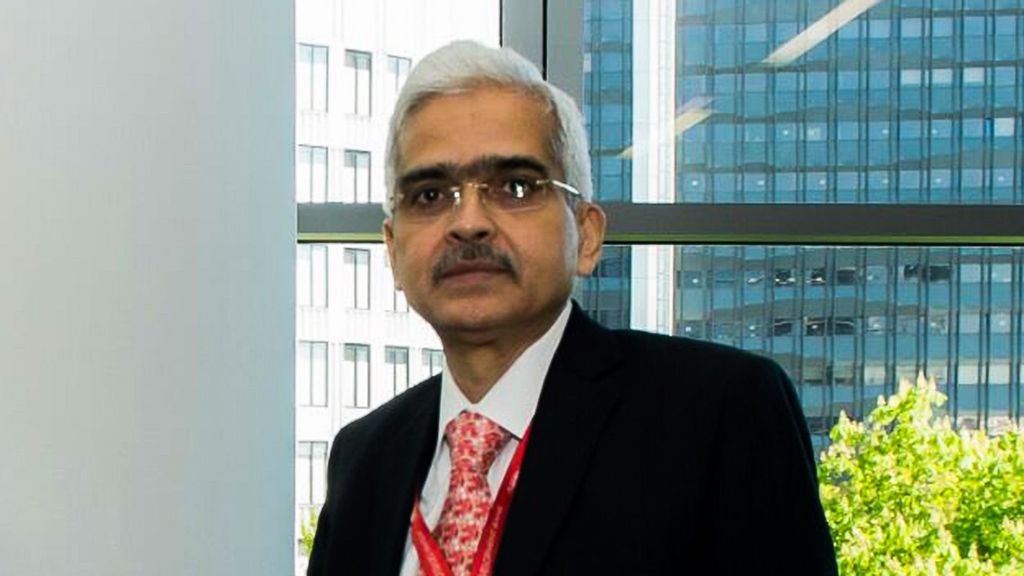MUMBAI, India — India’s central bank, the Reserve Bank of India, on Aug. 6, retained the real Gross Domestic Product projection at 9.5 percent for 2021-2022. This means India’s domestic economy has begun to show signs of stabilization due to the receding effects of the second Covid-19 wave that hit the country in the first quarter.
The growth projection was lowered from 10.5 percent earlier to 9.5 percent in the June monetary policy.
The quarterly breakdown includes 21.4 percent in the first quarter, 7.3 percent in the next, 6.3 percent in the December quarter, and 6.1 percent for the March quarter.
“Real gross domestic product growth for first quarter:2022-23 is projected at 17.2 percent,” said Shaktikanta Das, governor of the Reserve Bank of India, after a three-day meeting of its Monetary Policy Committee.
Looking ahead, agricultural production and rural demand are expected to remain resilient, he said.
“Urban demand is likely to mend with a lag as manufacturing and non-contact intensive services resume on a stronger pace, and the release of pent-up demand acquires a durable character with an accelerated pace of vaccination,” said Das.
Das said buoyant exports, the anticipated pick-up in government expenditure—including capital expenditure—and the recent economic package announced by the government will provide further impetus to aggregate demand.
“Although investment demand is still anemic, improving capacity utilization and congenial monetary and financial conditions are preparing the ground for a long-awaited revival,” he said.
Firms polled in Reserve Bank of India surveys expect expansion in production volumes and new orders in the second quarter of 2021-22, likely to sustain through the fourth quarter.
However, Das said that elevated global commodity prices and financial market volatility are the main downside risks.
He said the recovery remains uneven across sectors and needs to be supported by all policymakers. The central bank remains in whatever mode it takes with a readiness to deploy all its policy levers, monetary, prudential, or regulatory.
“In parallel, our focus on the preservation of financial stability continues,” the governor said.
“At this juncture, our overarching priority is that growth impulses are nurtured to ensure a durable recovery along a sustainable growth path with stability.”
The Reserve Bank of India also projected consumer price index inflation at 5.7 percent during 2021-22.
It said consumer price index inflation is expected at 5.9 percent in the second quarter, 5.3 percent in the third, and 5.8 percent in the final quarter of 2021-22, with risks broadly balanced.
“As for the first quarter of 2022-23, it is projected at 5.1 percent,” said Das.
The revival of southwest monsoon and the pick-up in Kharif sowing, buffered by adequate food stocks, should help control cereal price pressures.
“High-frequency indicators suggest some softening of price pressures in edible oils and pulses in July in response to supply-side interventions by the government,” said Das.
“Input prices are rising across manufacturing and services sectors, but weak demand and efforts towards cost-cutting are tempering the pass-through to output prices.”
Das said with crude oil prices at elevated levels, a calibrated reduction of the indirect tax component of pump prices by the Centre and states can help to substantially lessen cost pressures.
Headline Consumer price index inflation plateaued at 6.3 percent in June after having risen by 207 basis points in May 2021, according to the Reserve Bank of India.
In June, food inflation increased due to an uptick in edible oils, pulses, eggs, milk prepared meal prices, and a pick-up in vegetable prices.
Fuel inflation moved into double digits during May and June as inflation in the liquified petroleum gas, kerosene, and firewood, and chips surged.
Domestic economic activity is starting to recover with the ebbing of the second wave. Looking ahead, agricultural production and rural demand are expected to remain resilient.
(With inputs from ANI)
Edited by Saptak Datta and Krishna Kakani
The post Reserve Bank Of India Retains 2021-22 GDP Growth Target At 9.5% appeared first on Zenger News.



